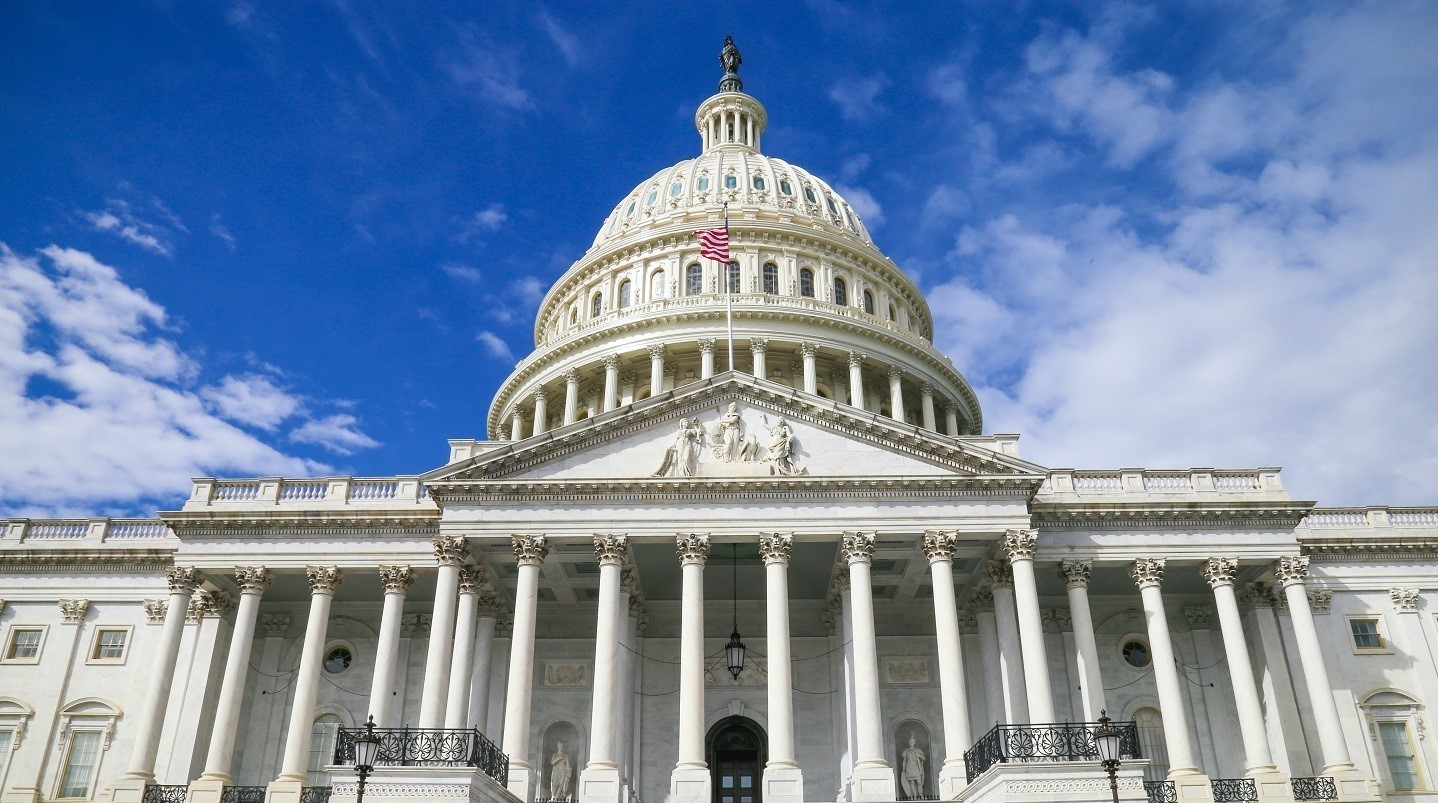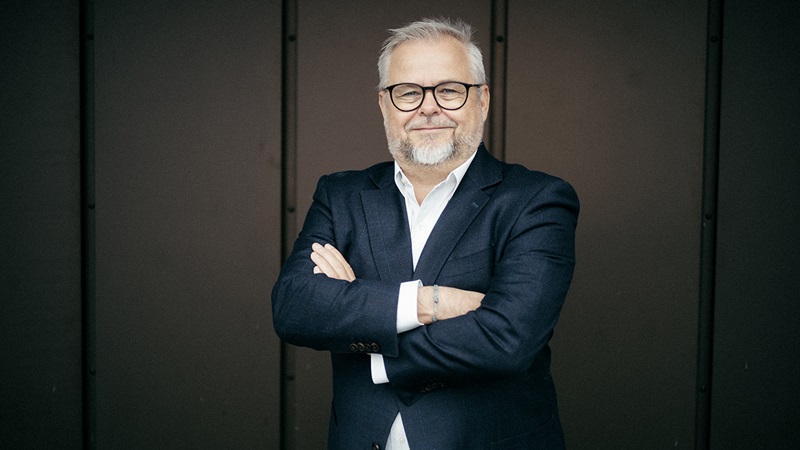The outcome of the US election has become as muddied as many feared prior to election day. While Joe Biden now seems a likely winner, the final outcome can remain uncertain for a prolonged period of time if the results are disputed. Meanwhile, it is also uncertain how seats in the senate and the house of representatives will split between democrats and republicans. And fom an investor’s perspective, the lack of resolution is the worst-case scenario for the short term.

“The financial markets hate uncertainty, which is precisely what we now have in buckets. Moreover, uncertainty on who is the next president of the USA could draw out for weeks. If Joe Biden wins the key swing states, the fallout could be an ugly and long-drawn-out process where Donald Trump and his lawyers dispute the election result,” says Danske Bank’s investment strategist, Lars Skovgaard Andersen, adding:
“From an investment perspective you could say we have landed in the worst-case scenario. We wanted a president and we have not yet got one.”
Negative knock-on effects
The longer it takes to reach an unequivocal election result that both candidates accept, the greater the risk of short-term market volatility and price falls, according to Lars Skovgaard Andersen. This is not only due to the great uncertainty, but also because of the knock-on effects that could have a negative impact on the US economy and global equity markets.



.png?h=128&iar=0&w=128&rev=c0456076148343a69ec27218e9fa39aa&hash=5367D3AD7CFBE8E78181A6587FAB2790)